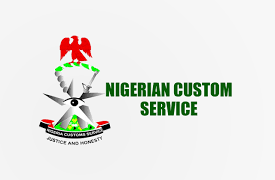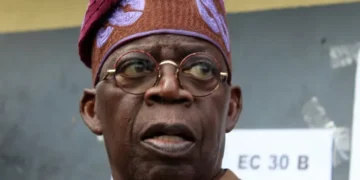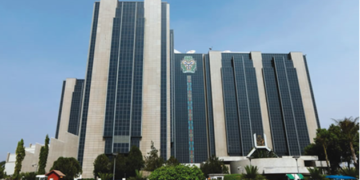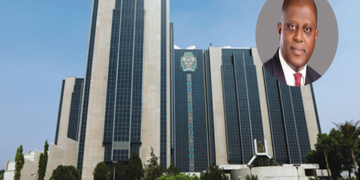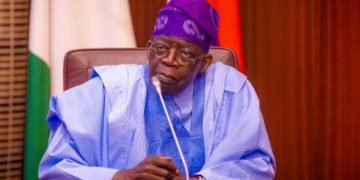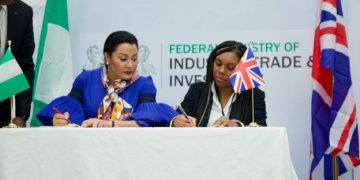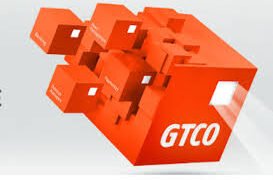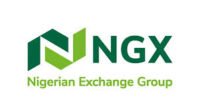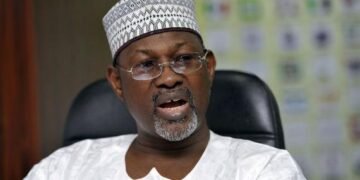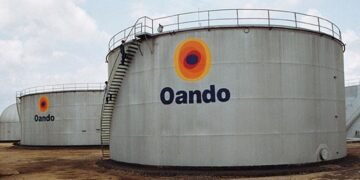“I read in a newspaper with a pen in my hand, and I always have a notebook. So there it was, in the newspaper: The International Financial Corporation (IFC), an arm of the World Bank, was creating a small fund to help small businesses in Africa”, wrote Mr. Strive Masiyiwa in the compilation by Geophrey Tenganamba “How to Build a Multi-Billion Dollar Business in Africa from Scratch”.
That was the early days of raising capital for the business ventures that has gone on to bring forth ECONET, officially known as Econet Global Ltd, a diversified telecommunications group with operations and investments in Africa, Europe, South America and the East Asia Pacific Rim with over US$3 billion revenue in 2011.
So, who is the International Finance Group? Can they provide support for your business as they did for Strive Masiyiwa? In this series, we are going to examine not only who they are but how you can leverage them to finance your business venture.
- Read also: Coronavirus Update – 102 Potential Vaccines in Development – WHO; Nigeria records 204 new cases
- 30.2 Million Americans have lost their Jobs as the Economic Fallout from Coronavirus intensifies
The International Finance Corporation (IFC) is an international financial institution that offers investment, advisory and asset-management services with a mission is to promote development through investment in the private sector.
The IFC is a member of the World Bank Group and is headquartered in Washington D.C in the United States of America. It was established in 1956, as the private-sector arm of the World Bank Group, to advance economic development by investing in for-profit and commercial projects for poverty reduction and promoting development.
The institution is owned by 185 member countries, with the USA owning a 21% stake, Japan holds 6% stake, 5% for Germany, 4% for France, 4% for the UK, and 164 countries that hold the smallest stake in the bank have a combined shareholding of 27%.
The IFC has a global presence in almost 100 countries and working with over 2,000 private sector clients. It is well capitalized with a net worth exceeding a quarter of US$99 billion balance sheet. It has an annual funding program of US$17 billion for FY20.
IFC raises capital through bond issuances in international capital markets to fund loans to clients and maintain its financial strength.
A look at the history of the IFC shows 6 decades of providing financing to many businesses, some of which has become household names today, both domestically and internationally.
- Read further: IMF: $9 Trillion loss in global GDP possible in 2020-2021 due to Coronavirus Pandemic
- The New Normal: Post Pandemic Implications on the Nigerian Economy
US$2.8 million loan package granted Kilombero Sugar Co. of Tanzania in 1960, Republic of Korea’s LG Electronics in 1974 got US$17.3 million investment and advice, US$2 million loan for Kenya Commercial Bank to lend to smaller local companies in 1976, Tata Iron and Steel Company of India borrowed US$38 million in 1980, and the list continued into the recent times.
In 2010, IFC launched a private sector window in the US$1.25 billion Global Agriculture and Food Security Program (GAFSP), and in 2015 IFC provided US$225 million to help local banks maintain lending to local SMEs in the wake of the Ebola crisis in West Africa.
What is the IFC’s priorities in Sub-Saharan Africa? To help businesses improve productivity and establish links to broader markets, expand financial and social inclusion, and boost prosperity in ways that help limit conflict, according to the information on it’s website.
The focus areas in the region includes; Infrastructure, Financial Inclusion, Agribusiness, Tourism, Retail and Property, Health and Education, Fragile and Conflict-Affected Situations.
A company or entrepreneur seeking to establish a new venture or expand an existing enterprise can approach IFC directly.
How you may ask? Part 2 of this series will look into how to apply for IFC Financing.
Written by:
Basil Maduakor.






